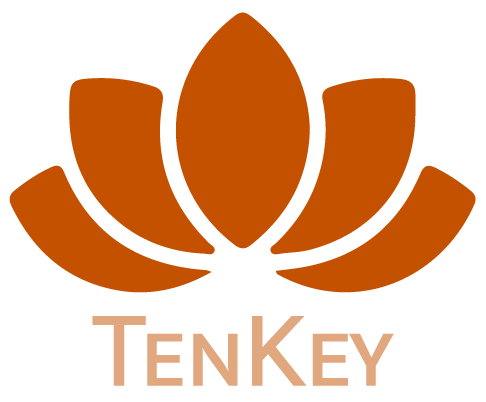How TenKey Keeps Your Business Compliant with Evolving Regulations
Tax regulations are constantly evolving, presenting challenges and opportunities for small business owners. As a business owner, staying informed about these changes is crucial to ensure compliance and maximize tax efficiency. At TenKey, we understand the complexities of tax laws and are committed to helping your business navigate the ever-changing landscape. Let's explore how TenKey stays ahead of tax changes and supports your business in staying compliant.
Understanding the Importance of Tax Compliance:
1. Avoiding Penalties and Fines:
Failure to comply with tax regulations can result in hefty penalties and fines, which can significantly impact your business's bottom line. TenKey helps you stay on track to avoid these costly consequences.
2. Maximizing Tax Savings:
By staying informed about tax changes, you can take advantage of available deductions, credits, and incentives to minimize your tax liability. TenKey's expertise ensures that you're not leaving money on the table.
3. Building Trust with Stakeholders:
Compliance with tax laws instills confidence in your business among stakeholders, including investors, lenders, and customers. It demonstrates your commitment to transparency and financial responsibility.
How TenKey Keeps You Informed:
1. Dedicated Tax Experts:
Our team of experienced tax professionals closely monitors tax law changes at the federal, state, and local levels. We stay up-to-date with new regulations and interpret their implications for small businesses.
2. Regular Updates and Alerts:
TenKey provides regular updates and alerts to keep our clients informed about significant tax changes that may affect their businesses. Whether it's a new deduction or a deadline extension, we ensure you're in the know.
3. Customized Tax Planning:
We offer personalized tax planning strategies tailored to your business's unique circumstances. Our goal is to optimize your tax position and help you make informed decisions throughout the year.
Partnering with TenKey for Tax Compliance:
1. Proactive Tax Filings:
TenKey takes a proactive approach to tax filings, ensuring that your business meets all deadlines and requirements. We handle the paperwork so you can focus on running your business.
2. Strategic Tax Advice:
Our tax experts provide strategic advice on managing your tax liabilities, maximizing deductions, and planning for the future. We're here to answer your questions and guide you through complex tax matters.
3. Comprehensive Compliance Reviews:
TenKey conducts comprehensive compliance reviews to assess your business's adherence to tax laws. We identify potential areas of concern and recommend corrective actions to mitigate risks.
The TenKey Advantage:
At TenKey, we're more than just a bookkeeping and accounting firm – we're your trusted partner in tax compliance and financial success. When you choose TenKey, you can expect:
Expert Guidance: Our team of tax professionals brings years of expertise to the table, ensuring that you receive accurate and reliable advice.
Timely Updates: We keep you informed about changes in tax laws that may impact your business, allowing you to adapt and plan accordingly.
Tailored Solutions: Every business is unique, and we craft customized tax strategies to suit your specific needs and goals.
Contact TenKey Today:
Don't let tax changes catch you off guard. Partner with TenKey to stay ahead of the curve and ensure your business's compliance with evolving regulations. Contact us today to learn more about our tax services and how we can support your business's financial health and growth.





















